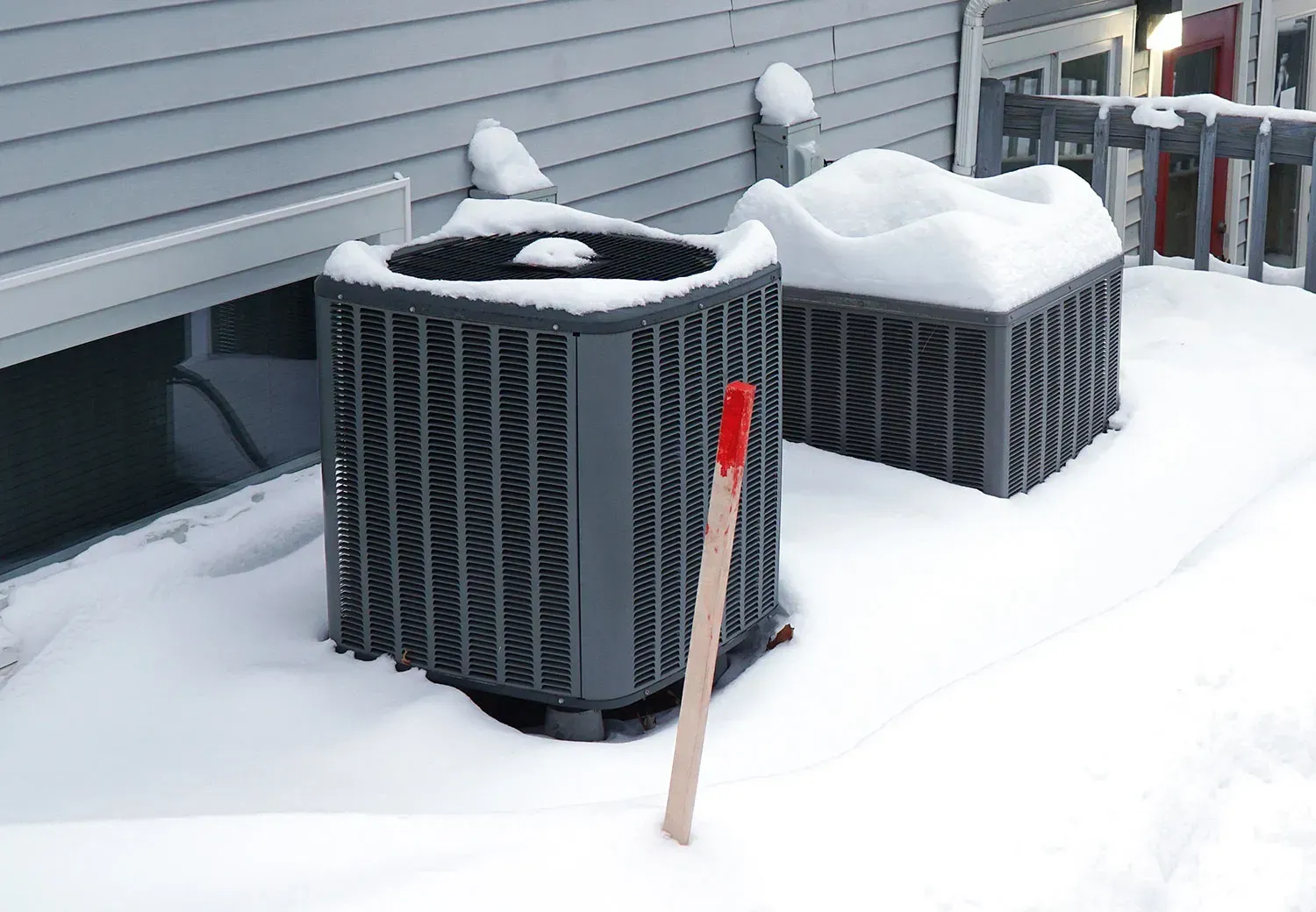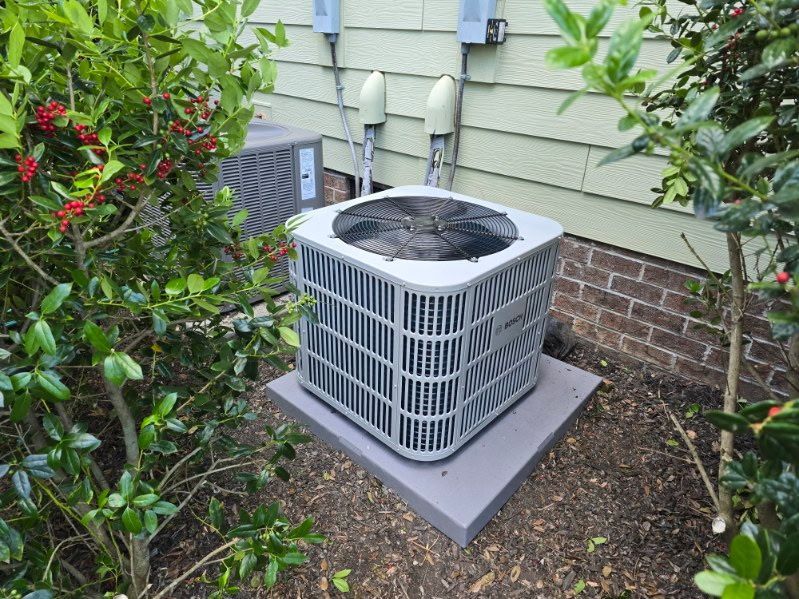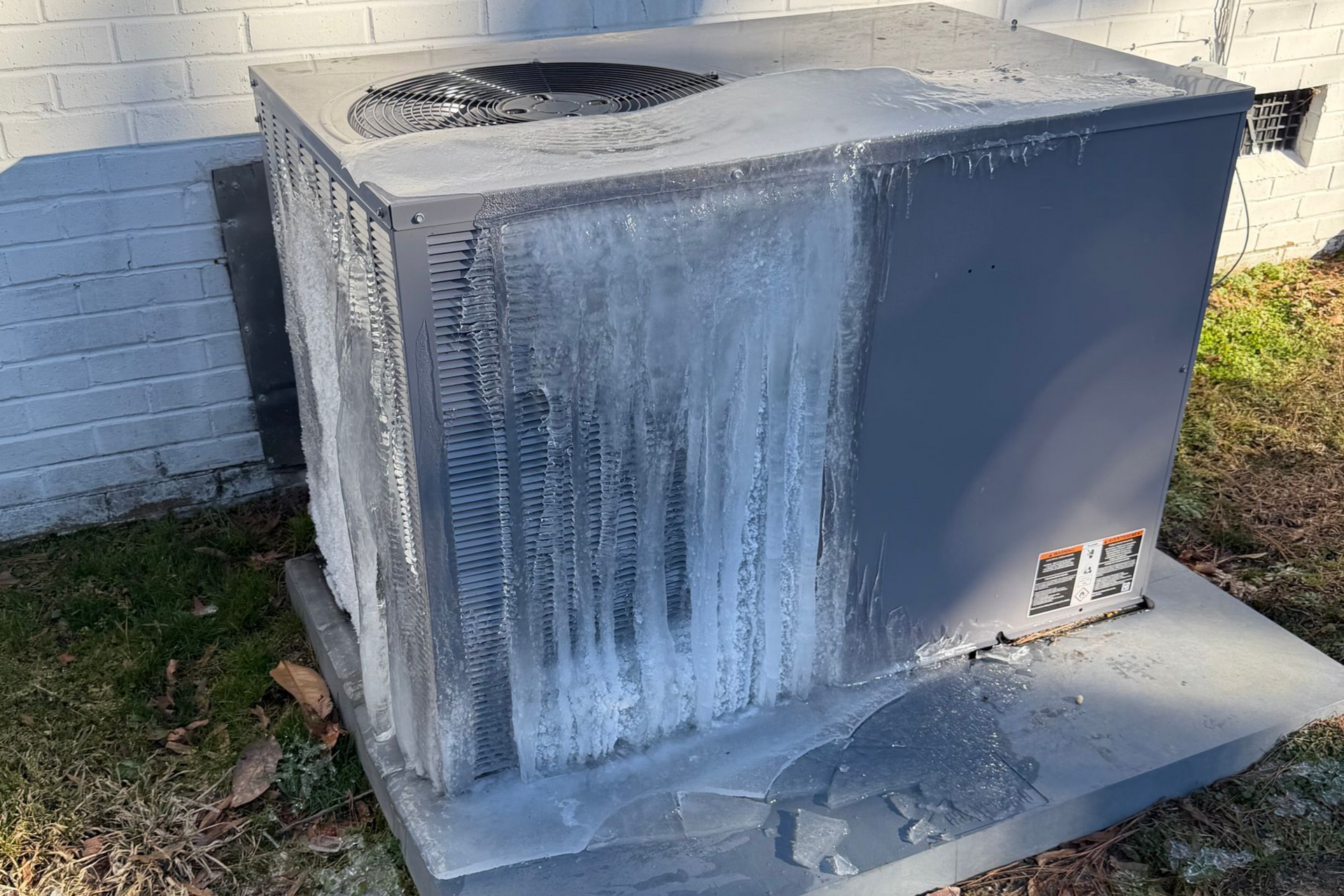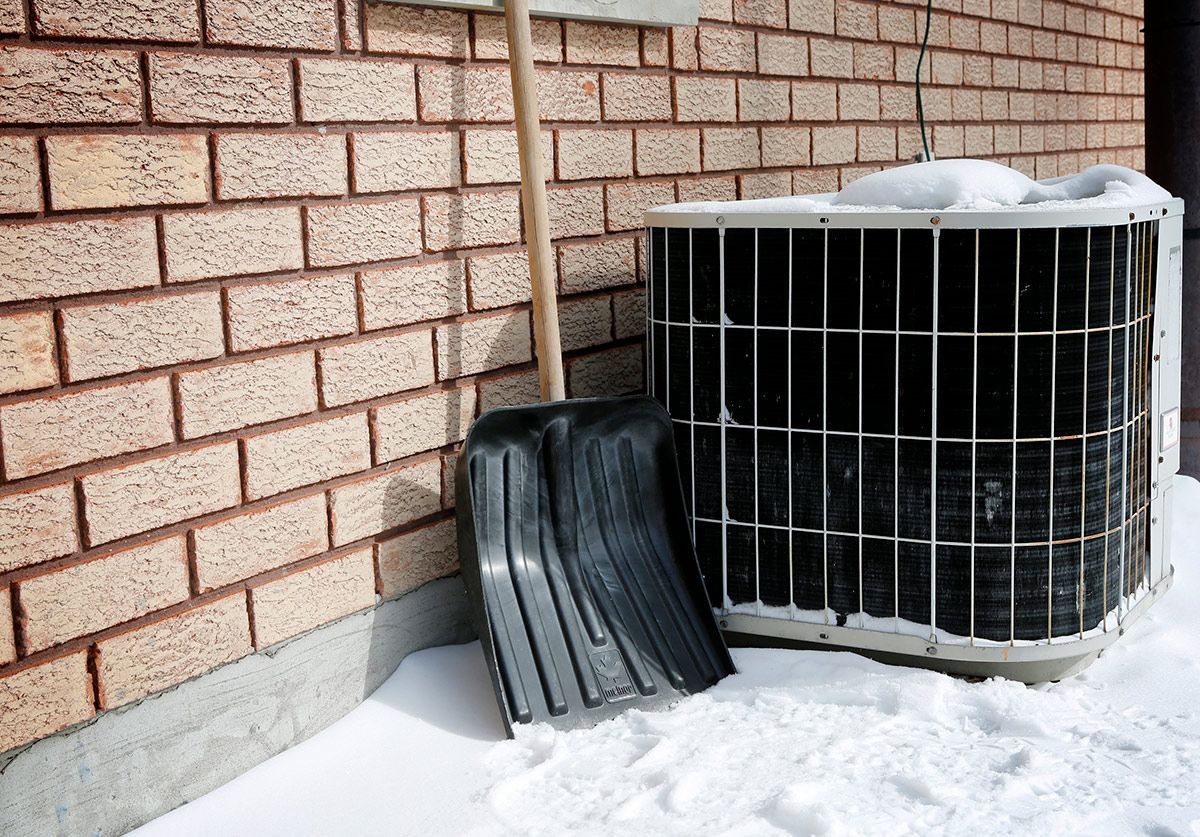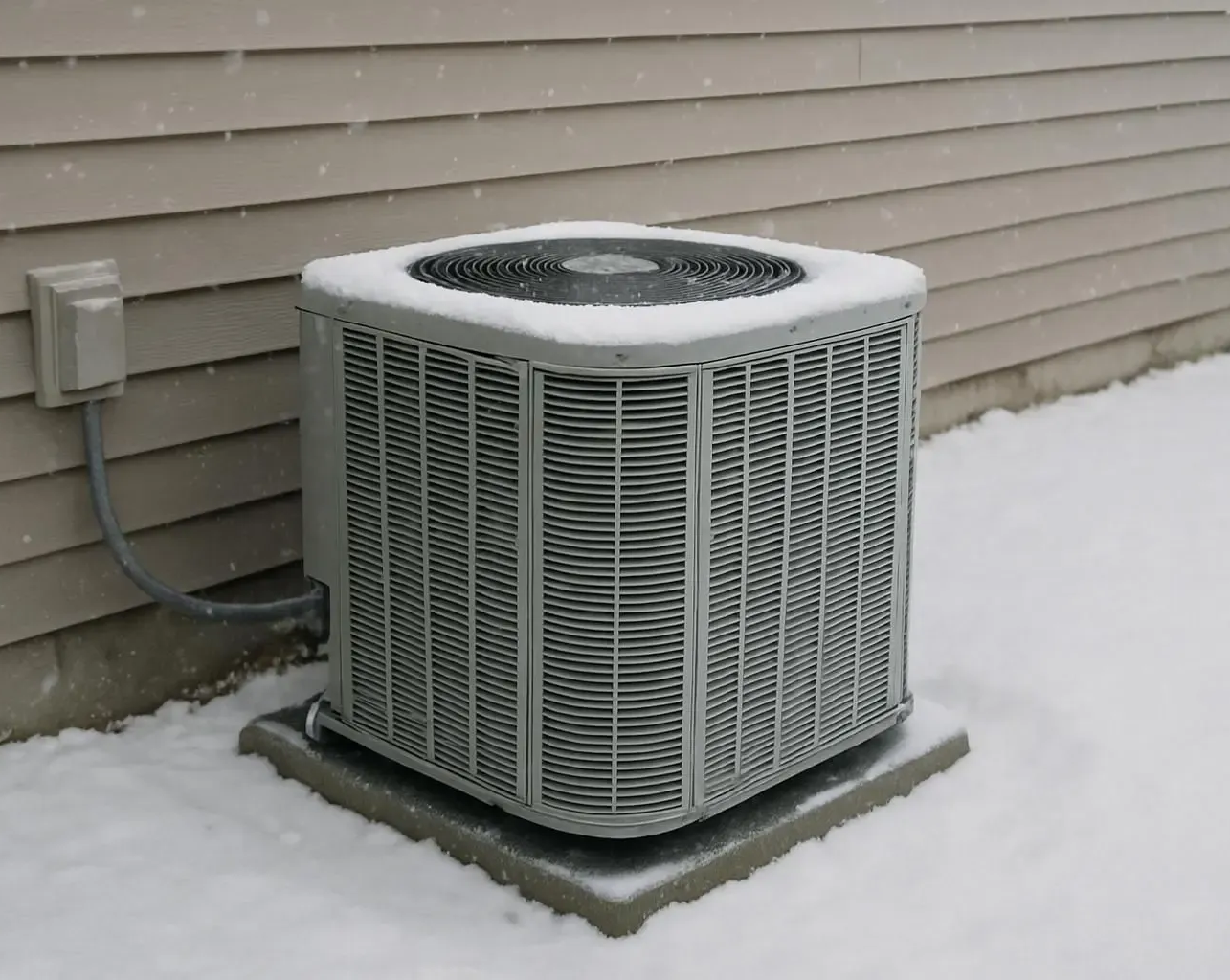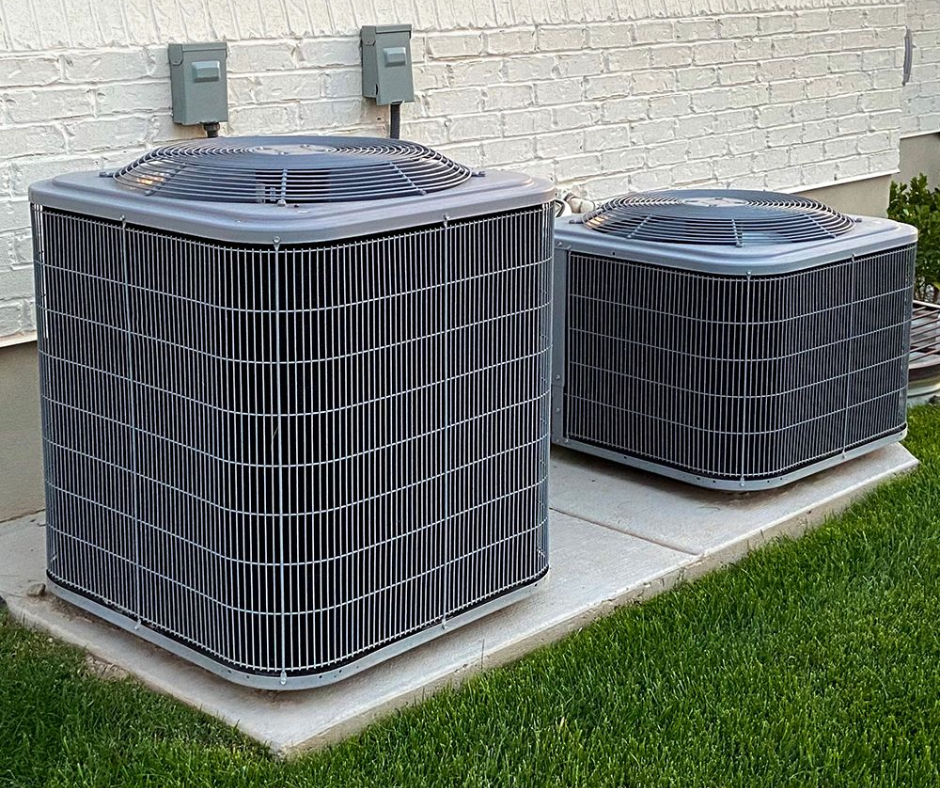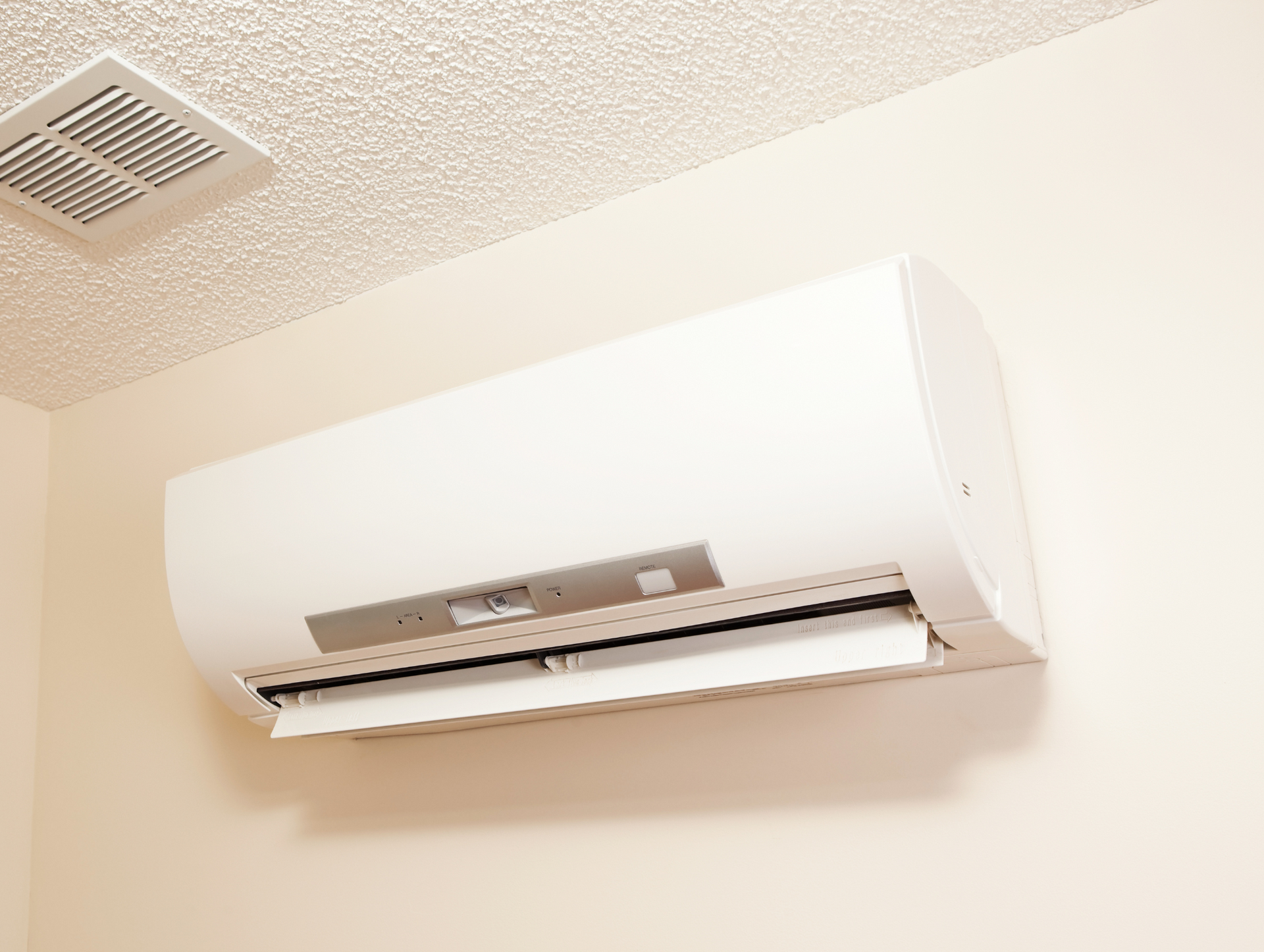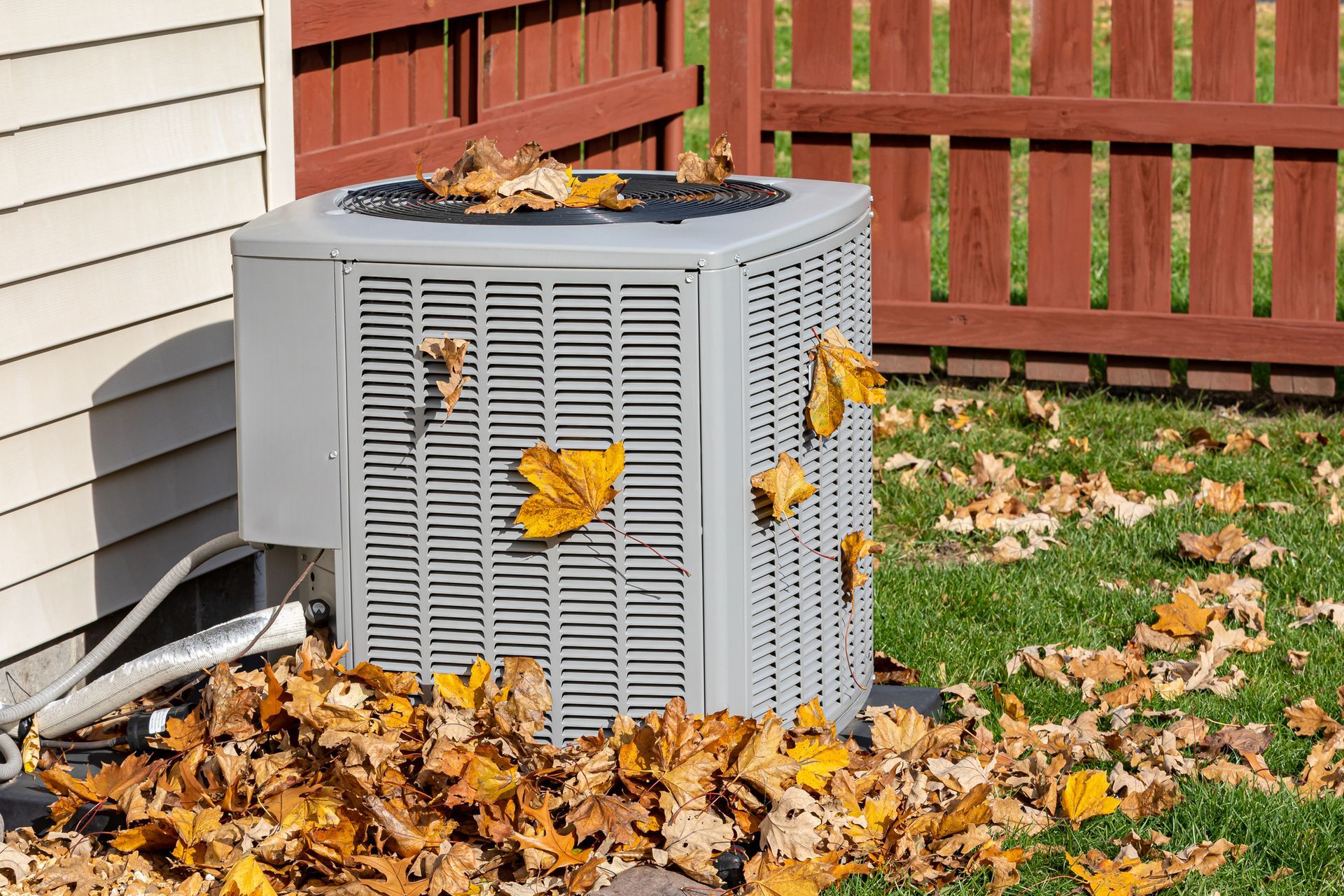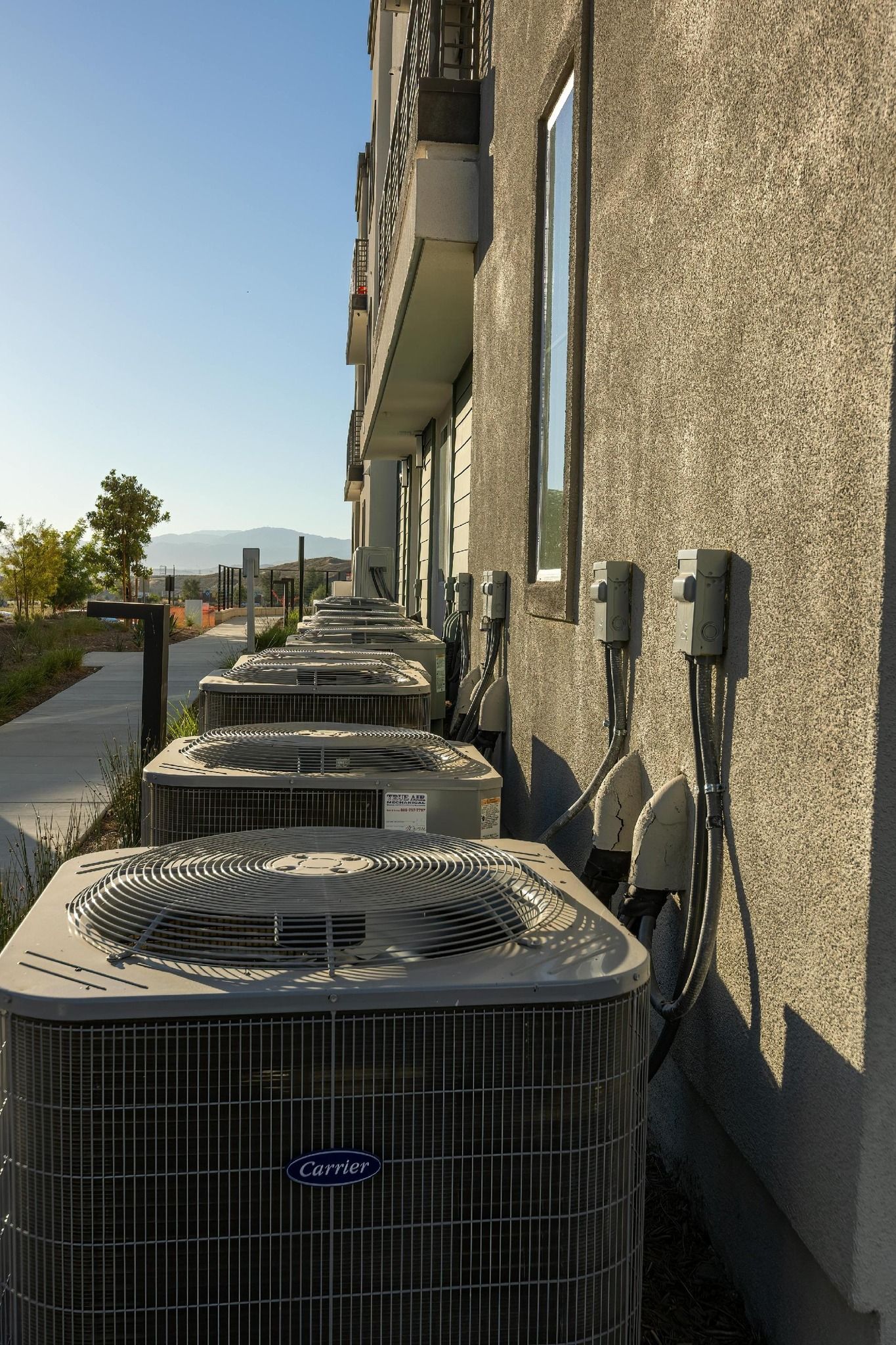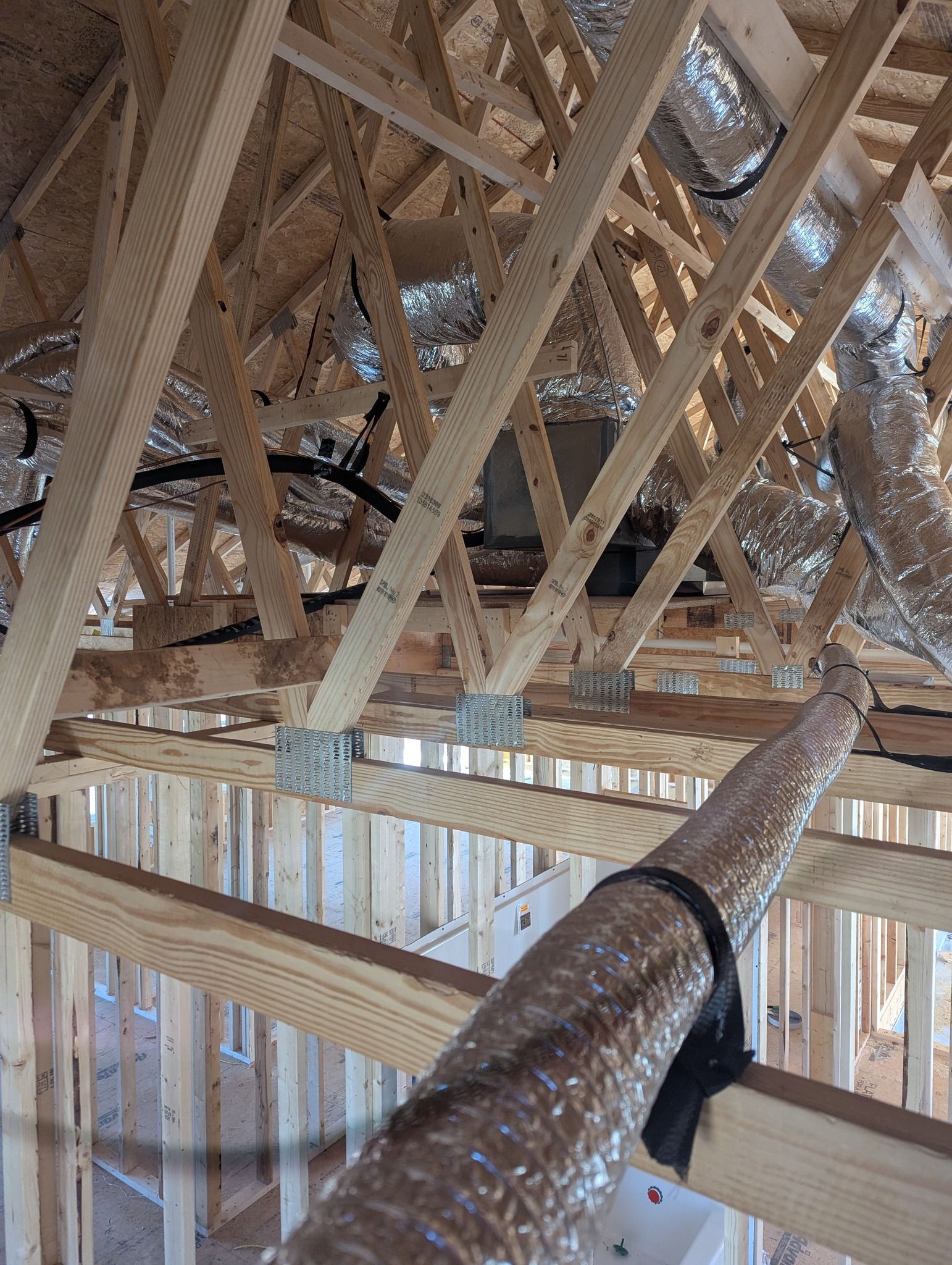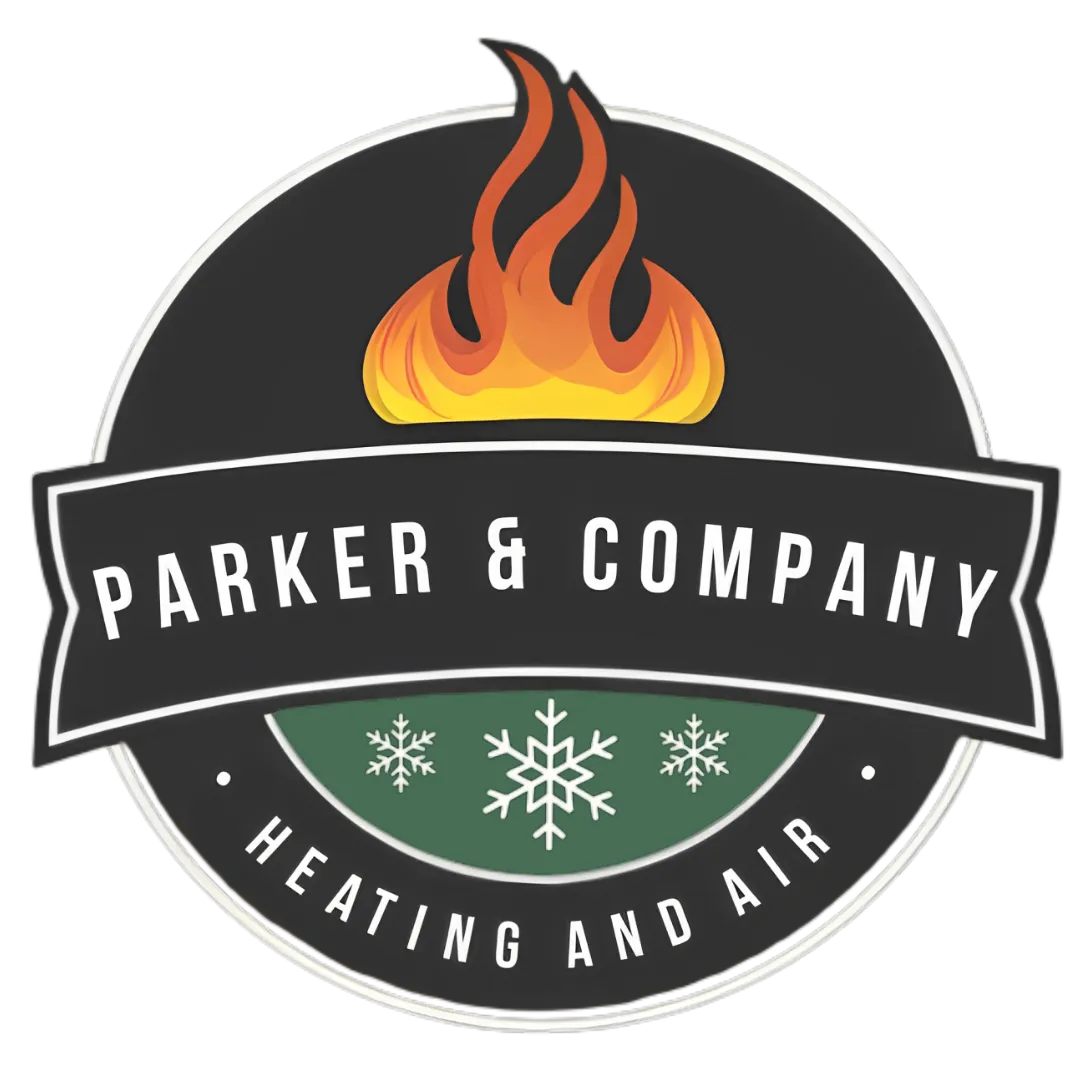Should I Repair or Replace My HVAC System? Here’s How to Decide
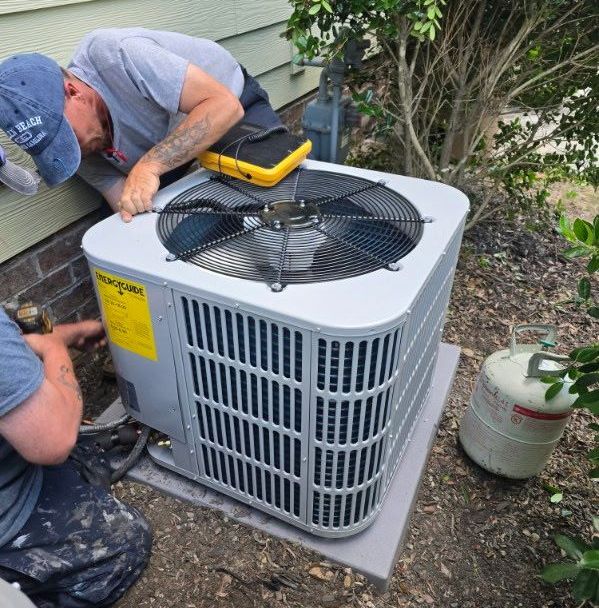
If your HVAC system isn’t keeping your home comfortable like it used to, you may be wondering:
Should I repair it, or is it time to replace it?
At Parker and Company Heating and Air, we get this question a lot from homeowners, especially when systems begin to show signs of wear or reduced performance. Making the right decision depends on a few key factors — not just how your system is performing now, but also how it fits your long-term comfort needs.
1. When to Consider Repairing Your HVAC System
1. Age of Your HVAC System
- Rule of Thumb: If your system is over 10–15 years old, replacement is often more cost-effective.
- Older systems are less energy-efficient and more likely to break down repeatedly.
Tip: Modern units have much higher SEER (Seasonal Energy Efficiency Ratio) ratings, which can significantly lower your utility bills.
There are times when a repair makes perfect sense — especially when your system is still relatively modern and has been performing well overall.
Repair might be the right choice if:
- Your HVAC system is less than 10 years old
- You haven’t had many issues in the past
- The problem seems minor (like a clogged filter or a faulty thermostat)
- The system is still running efficiently and reliably
Even the best systems need a little maintenance now and then. If your unit is in otherwise good shape, a targeted repair can get things back on track.
2.When It Might Be Time to Replace Your HVAC System
There comes a point when continuing to repair an aging or underperforming system may no longer serve your comfort or your home's needs.
Consider a replacement if:
- Your system is 10–15 years old or older
- You notice inconsistent temperatures in different rooms
- The system struggles to keep up in extreme heat or cold
- Airflow is weak or humidity control is poor
- The system runs constantly or short cycles frequently
Newer HVAC systems offer more than just temperature control — they provide enhanced comfort, better air quality, quieter operation, and greater reliability through all four seasons in Clayton’s ever-changing climate.
3. Comfort Matters – Especially in Clayton and surrounding areas, NC
Whether you're dealing with high humidity in the summer or cool, damp winters, your HVAC system should work with the weather, not against it. A newer system often includes updated features like:
- Variable-speed motors for better airflow
- Smart thermostat compatibility
- Improved indoor air filtration
- Enhanced humidity control
The decision to repair or replace isn't always black and white. That’s why we offer expert guidance based on your system’s condition, your home’s needs.
